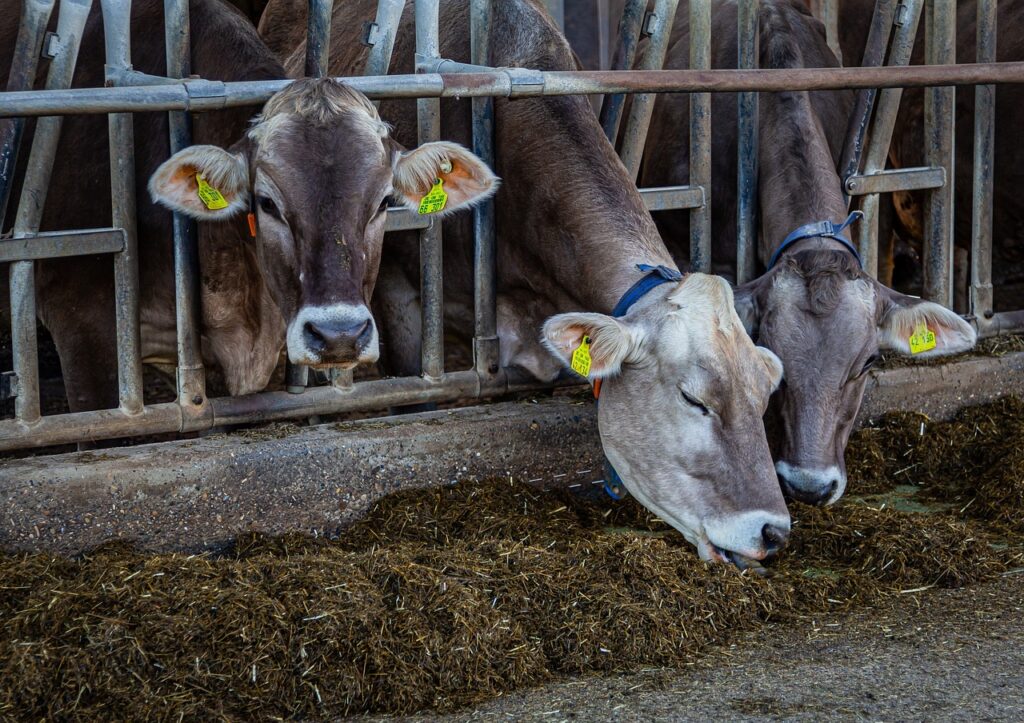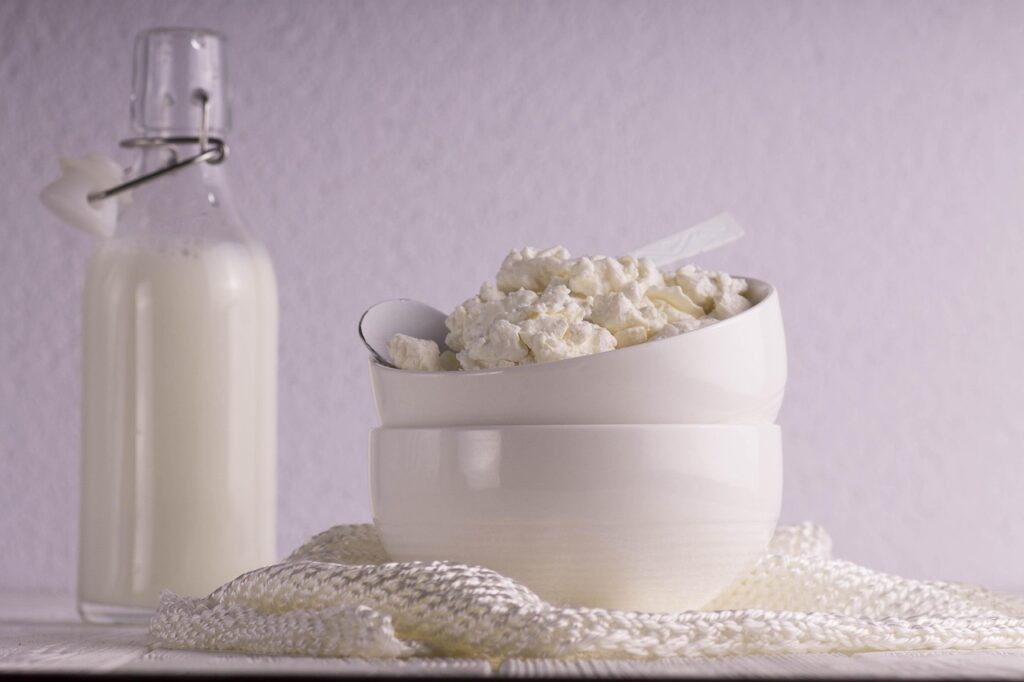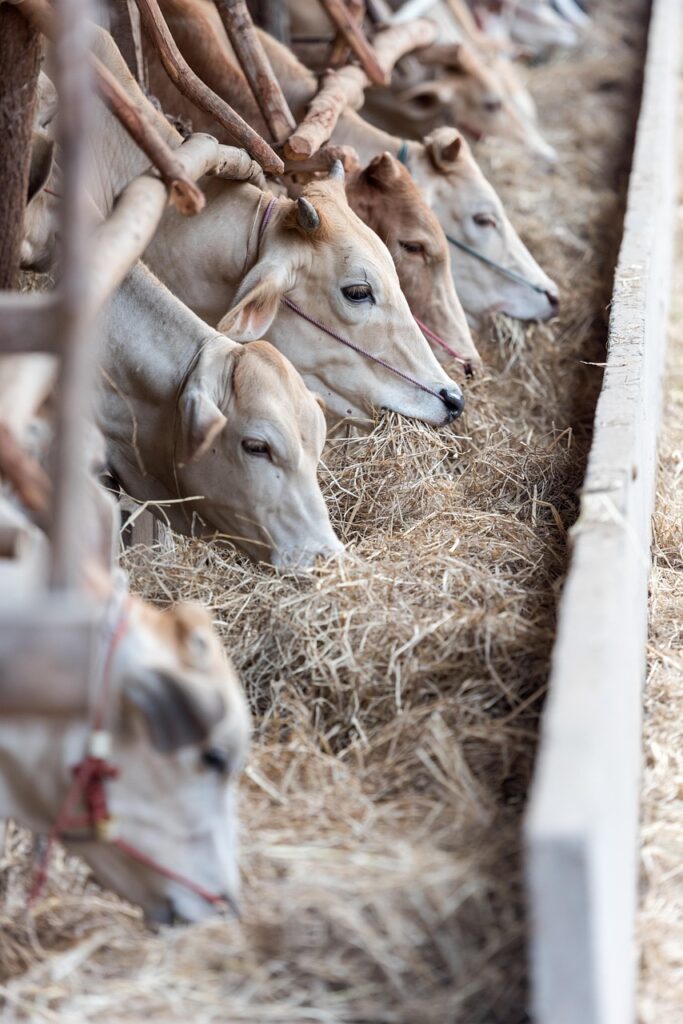
Blood Meal: Haram or Halal
Blood Meal: The Inorganic Fertiliser with Organic Roots—Examining Production, Applications, and Ethical Compliance
Introduction
Blood Meal: Blood meal is a dark, granular powder made from animal blood. It’s an interesting mix of trash reduction, farming efficiency, and complicated dietary ethics. As a waste product from the meat processing business, it turns waste into a useful resource for plant nutrition. But where it came from brings up important questions for vegans, vegetarians, and people who follow Islamic dietary rules (Halal). This thorough study examines the production of blood meal, its benefits for plants, and its compatibility with vegetarian and Halal dietary principles. It does this by examining a topic that combines farming and ethics.
Table of Contents
1. What does Blood Meal mean?

From the Killing Field to the Soil Change
Blood meal is made in a very careful industrial process that turns fresh animal blood, mostly from cows, pigs, or chickens, into a steady, nutrient-rich fertiliser:
Collection: Blood is collected in clean containers right after a halal or non-halal killing so that it doesn’t clot too quickly. Coagulation and Separation: Blood clots under controlled conditions (with heat or other substances), then splits into solid protein curds and liquid plasma. Drying and grinding: Solids are dried at 80–120°C until they have less than 10% moisture, and then they are ground up into small particles or powder.
This makes a high-nitrogen fertiliser (12–15% N) with small amounts of iron, phosphorus, and potassium. The final result, unlike liquid blood, has no smell and can be stored for a long time. It also has no resemblance to the source.
2. How Blood Meal Works and What It Can Be Used For in Gardening
Blood meal is a powerful source of biological nitrogen that is used in many ways in gardening, including:
Delivering Nitrogen: Soil bacteria slowly release nitrogen as they break down proteins. This helps plants make chlorophyll and grow leaves. Yellowing leaves are a sign of poor soil; blood meal quickly fixes this.
Soil Health: Because it has a low carbon-to-nitrogen ratio, it increases the activity of microbes and helps sandy soils hold on to water.
Its weak smell may deter herbivores like deer and rabbits, but this is merely anecdotal evidence.
Instructions for Applying:
Rate and Use Case Method Cares to Take
Changing the soil 50 to 150 pounds per acre; 1 to 2 tablespoons per plant. Roots get burnt when you use too much; first test the dirt.
Compost Helper: Sprinkle layers to speed up the breakdown process. Balances out “browns” that are high in carbon. Mix only into potting soil. Keeps salt from building up on synthetics..
Table 1: How to use blood meal safely and what it can be used for in gardening. Blood meal is a dark, granular powder made from animal blood. It’s an interesting mix of trash reduction, farming efficiency, and complicated dietary ethics. As a waste product from the meat processing business, it turns waste into a useful resource for plant nutrition. But where it came from brings up important questions for vegans, vegetarians, and people who follow Islamic dietary rules (Halal). This thorough study examines the production of blood meal, its benefits for plants, and its compatibility with vegetarian and Halal dietary principles. It does this by examining a topic that combines farming and ethics.
Key Halal Compliance Challenges for Blood Meal
| Factor | Issue for Halal Status | Relevant Guideline |
|---|---|---|
| Source Material | Blood is intrinsically Haram | Codex Alimentarius CAC/GL 24-1997 |
| Processing Equipment | Shared lines risk contamination with Haram | AHF Facility Standards |
| Islamic Slaughter | Blood collection invalidates Halal slaughter | Quranic prohibition on blood |
3. Is Blood Meal Vegetarian or Vegan?

No, blood meal doesn’t go with veggie or vegan beliefs:
Origin: It comes from animal products, like meat from killed animals. Ethical Conflict: Veganism doesn’t accept any kind of animal abuse, even animal goods used in slaughter, even if they say they are sustainable. Alternatives that come from plants: You can get nitrogen from soybean meal, alfalfa meal, or composted plant leftovers instead of using animal products.
Some vegetarians may be okay with dung fertilisers, but blood meal comes from killing animals, so it’s not vegetarian.
4. The Status of Halal: A Complicated Ban
The Quran makes it clear that eating blood is forbidden: “Forbidden to you are… blood, the flesh of pigs…” (Verse 5 of Al-Ma’ida).
This includes things like blood food, which is made from “poured forth blood.”
Halal slaughter requires all blood to be drained, so using any blood from a halal animal is illegal.
Problems with Certification
Cross-Contamination: Tools used for blood meal can get on halal goods. Getting Ingredients: Halal rules don’t allow using animal products that aren’t certified. Blood meal can’t be certified as halal because of what it is made of. Processing Standards: Sanitation can’t change the fact that blood is naturally Haram, but it can remove rid of najis (impurity).
Issue with Halal Status Important Guideline
Table 2: Source: Codex Alimentarius CAC/GL 24-1997 says that blood is inherently dangerous, tools for processing lines are shared, and they could get hacked by Haram. Standards for AHF Facilities.
Killing in Islam: Blood collection doesn’t count. Meat that is halal Blood is forbidden in the Quran.
| Use Case | Method & Rate | Precautions |
| Soil Amendment | 1–2 tbsp per plant; 50–150 lbs/acre | Over-application burns roots; soil test first |
| Compost Booster | Sprinkle layers to accelerate decomposition | Balances carbon-rich “browns” |
| Container Gardening | Mix sparingly into potting soil | Prevents salt buildup from synthetics |
5. Animal Products Made from Blood Meal: Indirect Effects
Blood meal is not food by itself, but it is used to feed animals and birds, which brings up questions about what comes after:
In terms of nutrition, it helps pigs, chickens, and fish grow by adding protein (80–90% protein). The Halal dilemma: meat or milk from animals that were fed blood meal is not immediately Haram because the ban only applies to direct consumption. But strict Halal certifiers, like AHF, may not accept this feed to avoid “contamination by association” and satisfy customer needs. From a vegetarian point of view, eggs, cheese, or meat from these animals are still not vegetarian because they come from animals, no matter what they were fed.
6. Long-Term Benefits vs. Moral Trade-Offs
Blood meal is useful for more than just farming:
Waste reduction: keeps 2–4% of the weight of livestock out of dumps, which is in line with circular economies. Carbon Footprint: Recycling blood lowers the amount of methane released when trash breaks down. Food Safety: Unlike raw blood, processed meat is free of pathogens because it is treated with high heat. However, these benefits go against what people believe is right or wrong when it comes to food, so people need to be aware of this.
Conclusion:
Muslims believe that eating blood is Haram, which means “forbidden,” and there are good reasons for this:
Theological Background
We can discuss how contextual viability relates to ethical boundaries.
Bloodmeal is a useful and long-lasting fertiliser, but it has clear drawbacks:
Eat less of it if you’re a vegetarian or vegan; plant-based nitrogen sources are better for you.
Muslim Customers: Avoid it due to its Haram status; opt for fertilisers certified by Halal, such as those derived from plants or rocks.
Gardeners: Great for soils that don’t have enough nitrogen, but it needs to be dosed carefully.
Blood meal is an example of how clever businesses can be, but it’s still not clear how it fits in with ethical eating. Understanding the origins of something empowers individuals to align their actions with their values, be it caring for plants or upholding their faith.
“The earth is a mosque, and what is in it is pure.” – Hadith (narrated by al-Tabarani). Still, both land and soul purity need careful management.
#HalalAgriculture #HaramAlert #VeganGardening #EthicalGardening
Disclaimer
The information provided in this article is for educational and informational purposes only. While every effort has been made to ensure accuracy, readers should be aware of the following:
- Religious Interpretations Vary:
Islamic rulings (fatwas) on indirect consumption (e.g., animal feed containing blood meal) may differ among scholars and certifying bodies. Consult your local religious authority for specific guidance.- Vegetarian/Vegan Definitions Differ:
Some vegetarians may accept manure-based fertilizers but reject blood meal due to its direct slaughter link. Veganism universally prohibits all animal derivatives.- Product Sourcing Matters:
Blood meal sources (bovine, porcine, poultry) and processing methods vary by manufacturer. Always verify ingredients if ethical/religious compliance is critical.- Agricultural Advice is General:
Soil needs differ widely. Over-application of nitrogen fertilizers (including blood meal) can harm plants. Conduct a soil test before use.- Regulations Change:
Halal certification standards (e.g., feed additives) and organic labeling laws evolve by region. Check current local regulations.Neither the author nor publisher assumes liability for decisions made based on this content.
Frequently Asked Questions (FAQ): Blood Meal – The Inorganic Fertilizer with Organic Roots
Q1-What does blood meal mean?
A: Blood meal is a dark, granular fertiliser made from the dried blood of animals that have been killed, usually pigs, chickens, or cattle. The waste from preparing meat has been turned into a soil improver that has a lot of nitrogen in it.
Q2-What steps are needed to make blood meal?
A: Making something has three main steps:
Blood is taken cleanly right after the animal has been killed.
Coagulation and Separation: Heat or chemicals are used to clot the blood, which is then broken up into solid protein curds and watery plasma.
Dried and ground: The firm curds are dried at high temperatures (80–120°C) to remove most of the water, leaving less than 10% of water remaining. After that, they are ground up into a fine powder or small pieces. It doesn’t smell when it’s done and stays fresh for a long time.
Q3-What does it mean when someone says “inorganic fertiliser with organic roots”?
A: It is turned into an “inorganic” or “non-synthetic organic” manure by drying and grinding it at high temperatures, even though it comes from organic matter (animal blood). Even though the roots come from animals, the result is a prepared soil amendment
Q4-What are the main reasons you would use blood meal in your garden?
A: High Nitrogen Source (12–15% N): This helps plants make strong leaves and fixes nitrogen deficiencies that cause leaves to turn yellow.
Health of the Soil: Because they have less nitrogen than carbon, sandy soils can hold more water and have more living things in them.
There is some evidence that the mild smell that stays behind might keep animals like deer and rabbits away.
Q5- How can I use blood food without getting hurt?
A: Only use it when you need to! You get root burn when you use too much.
One to two cups of each plant, or 50 to 100 pounds per acre, will help the soil. Always check the ground first.
Spread it between layers of compost to help it break down faster.
Do not overmix the potting mix. Pay attention to the rates written on the package.
Q6-Do you know if blood food is vegan or vegetarian?
A: Not at all. Killing animals is how blood food gets made. Its roots go against what vegetarians and vegans believe, because they don’t want to hurt or use animals. Two plant-based choices that are good are soybean meal and lucerne meal.
Q7: Is it acceptable to eat blood food and its byproducts?
A: NO: In Islam, blood is not okay. Here are a few of the important ones:
Prohibition in the Quran: Surah Al-Ma’ida 5:3 makes it clear that eating blood is forbidden. Things that come from blood, like blood food, are also against this law.
Doesn’t work Halal killing: All the blood must be drained for halal killing to be done right. It goes against the idea of getting blood to process this need.
Blood is always forbidden, it doesn’t matter how the animal was killed or how it was cleaned and used afterward.
Certification and Contamination: Because of what it is, it doesn’t have Halal certification, and the machines that make it could contaminate Halal goods.
Q8-What does the meat, milk, and eggs of animals that eat blood food go through? Do they have meat or are they halal?
A: There is a rule that says you shouldn’t eat blood directly, but meat and milk from animals that eat blood meal are not instantly haram. Because it could “contaminate by association” and because people assume it to be pure, many strict Halal certifiers, like AHF, don’t let it be used in feed. Find out the exact rules for getting certified.
If you are a vegetarian or vegan, eggs, cheese, or meat from these animals are still not vegetarian or vegan because they come from animals. Changing what the animal eats won’t change this basic description.
Q9: Who should and shouldn’t eat blood meal?
A: A Make use of it: Gardeners who need a strong, fast-acting nitrogen source for soils that don’t have enough nitrogen should be careful and follow the rates and tests for the soil.
Do not do it:
People who are vegetarian or vegan: Because it comes from killing animals.
Muslims: Because it’s against the law. Look for choices that are made from plants or minerals and are certified as Halal.
People who garden but don’t need extra nitrogen or who use too much manure.
